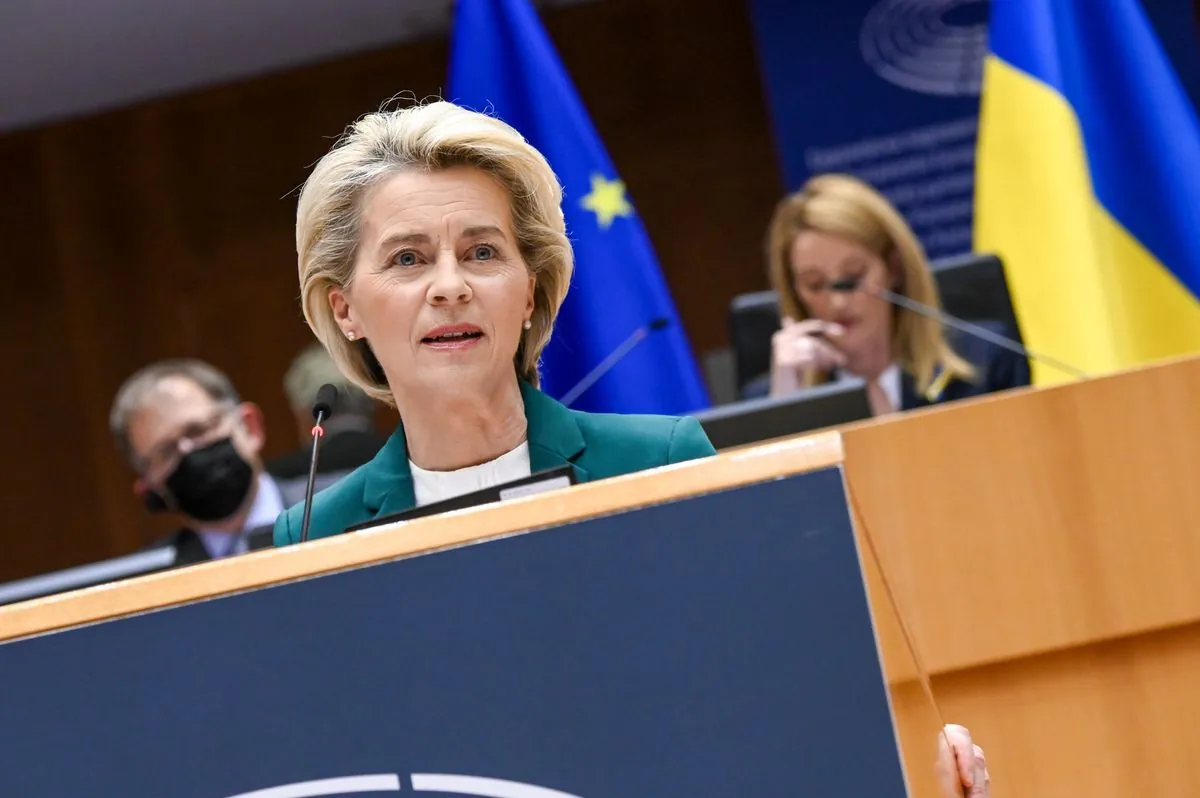Ursula von der Leyen, President of the European Commission, is experiencing increased pressure from her political affiliates in Germany to reconsider the European Union's ban on petrol engines. This ban, set to take effect in 2035, is a crucial component of the EU's ambitious climate neutrality goals for 2050.
The Christian Democratic Union (CDU), von der Leyen's home party in Germany, is at the forefront of this push for reconsideration. The CDU, a major center-right political force, is predicted to secure a comfortable victory in the upcoming federal elections scheduled for September 2025. This potential shift in German politics could lead to a significant clash between Berlin and Brussels on environmental policies.
Christoph Ploß, a member of the German Bundestag's transport committee, criticized the ban as "ideological." He emphasized the CDU/CSU parliamentary group's commitment to technological openness and a fair assessment of climate impacts from various engine types.
The pressure on von der Leyen extends beyond Germany to the European People's Party (EPP), the largest European-level political party of the center-right. Despite the EPP's opposition to the combustion engine ban in its manifesto, von der Leyen ran as their lead candidate in the recent European elections.
The 2024 European Parliament election resulted in a decline for Green parties across the EU, mirroring a broader shift in environmental politics. This change has been attributed in part to protests against stringent net-zero regulations during the ongoing cost of living crisis.
Daniel Freund, a German Green MEP, cautioned against weakening the car engine proposal, arguing that maintaining combustion engines could disadvantage European car manufacturers in the long term.
In response to these pressures, von der Leyen has reaffirmed her commitment to the 2035 climate neutrality target for cars. However, she has indicated openness to a technology-neutral approach, suggesting that e-fuels could play a role in future regulations.
The EU's automotive sector, accounting for about 7% of the bloc's GDP, faces significant challenges in adapting to these environmental targets. The transition to zero-emission vehicles is part of the EU's broader "Fit for 55" package, which aims to reduce greenhouse gas emissions by at least 55% by 2030.
As the debate continues, the EU's commitment to reducing CO2 emissions from new cars by 100% by 2035 remains a contentious issue. The European Commission plans to review progress towards these targets in 2026, potentially adjusting regulations to accommodate emerging technologies and industry needs.
"We have a law [and a] 2035 climate neutrality target for cars. That target stays. Getting there will require a technology neutral approach in which e-fuels will have to play a role."
This ongoing discussion reflects the complex balance between environmental ambitions and economic realities in the EU's 27 member states, home to over 440 million inhabitants. As the automotive industry evolves, the EU's approach to this transition will significantly impact its economic landscape and environmental future.
